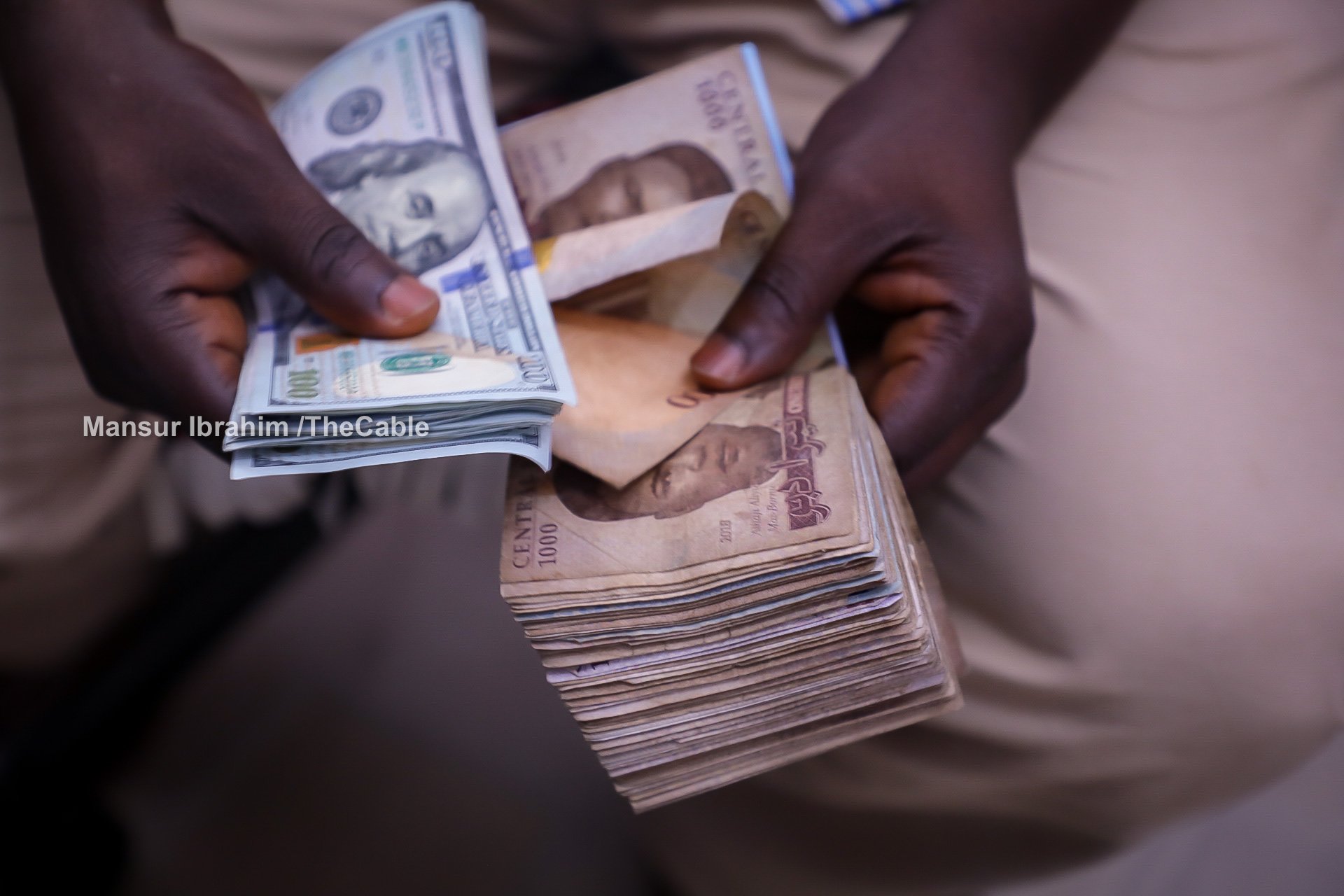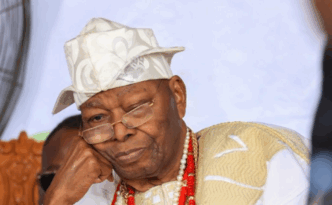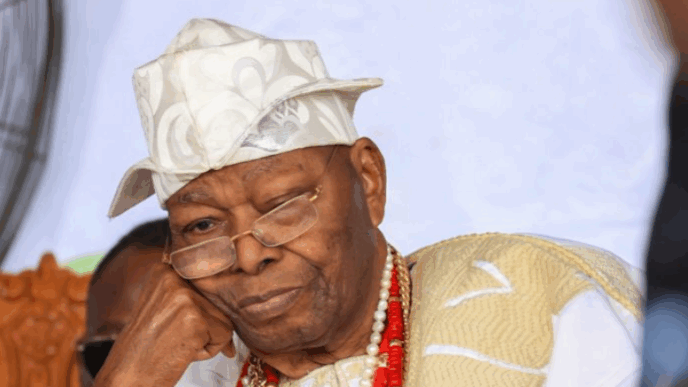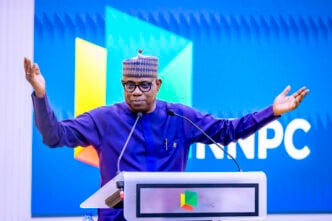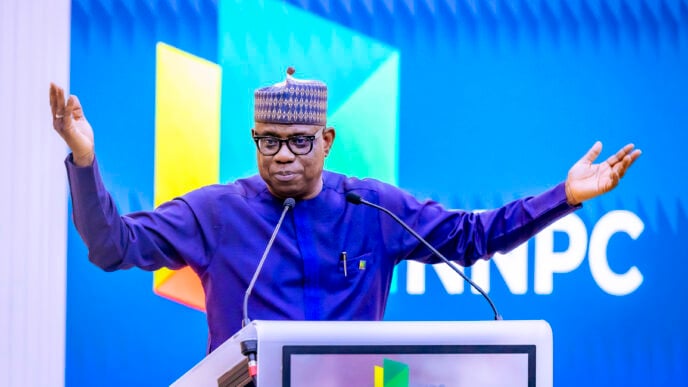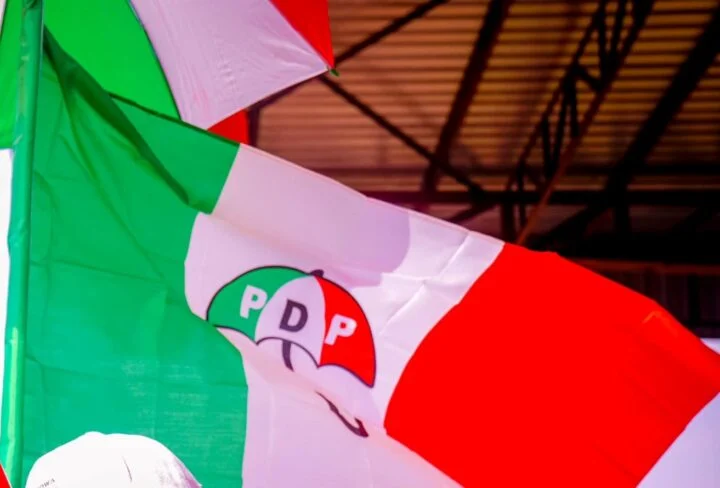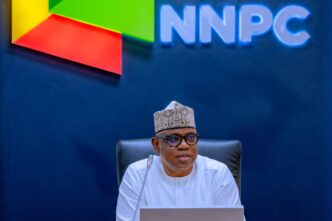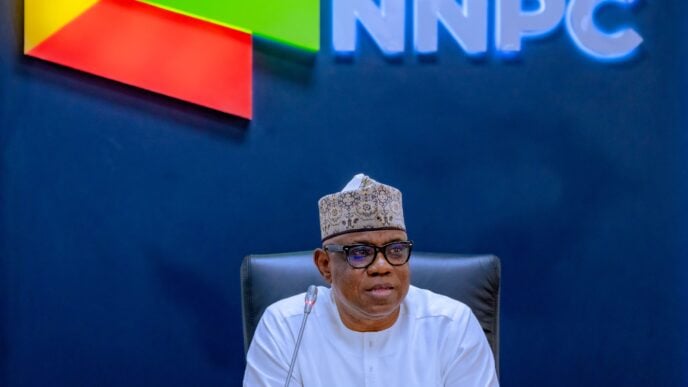BY TIMI OLAGUNJU
Recently, Nigeria’s Super Falcons received a well-earned commendation from President Bola Ahmed Tinubu following their stellar showing at the 2024 Women’s Africa Cup of Nations. Among the gestures was a $100,000 cash reward to each player. On the surface, this seemed a generous, patriotic celebration of our champions. But as with many things in governance, the road to hell is often paved with good intentions.
For me, what raises concern is not the gift itself, but the currency of the reward. By announcing and likely delivering the gift in U.S. dollars, rather than in Naira, the Presidency unintentionally signalled a vote of no confidence in Nigeria’s own currency. Presidential spokesperson Bayo Onanuga took to X (formerly Twitter) to defend the move, even mocking critics while referencing the N150 million prize awarded to the winner of Big Brother Naija. Ironically, even BBNaija had the common sense to peg its prize in naira. So why did our policymaker-in-chief and all his paid advisers choose otherwise?
Let’s be clear: symbolism matters. And in public finance, it matters even more. Nigeria is currently battling a dangerous addiction: dollarisation. From market traders to boardrooms, everything is increasingly priced, measured, and aspired to in dollars. I recently watched a simple vox pop where someone is asked, “What would you do with one dollar?” and you’ll hear grand dreams of houses and luxury cars. This is not only about ignorance, but it also reflects how deeply the dollar has captured our economic psyche and been glorified.
Advertisement
Now, in practical terms, when a gift is announced in dollars, it does more than make headlines; it increases demand for foreign exchange. The Central Bank of Nigeria (CBN), already grappling with FX shortages and a volatile exchange rate, may be forced to source dollars to fulfil this symbolic gesture. In an economy where dollars are scarce and urgently needed for vital imports such as essential medicines and machinery, such moves, however small, carry a cost.
But more importantly, this sends the wrong signal to both citizens and markets. It tells Nigerians: “Even your leaders don’t trust the Naira.” In fragile economies such as ours, perception often moves faster than policy. $100,000 per player and $50,000 for each member of the technical crew [running into around $2.5 – $3million], may seem insignificant in macroeconomic terms, but its symbolic weight, when amplified through the presidential megaphone, can trigger ripple effects. Repeated high-profile gestures such as this could build what one might call a “Policy Signal in regression terms,” a negative perception loop that undermines the CBN’s credibility and devalues the Naira in the minds of the people.
What’s worse, this move contradicts official policy. Just days before, the federal government issued a circular barring ministries, departments, and agencies (MDAs) from entering into contracts denominated in foreign currency, except with explicit approval from the finance minister. So, how does the number one citizen, who ought to set the standard, turn around and make a dollar-denominated announcement from public coffers? You cannot say A and do B.
Advertisement
This is more than a policy inconsistency; it is a communications misfire. It puts the president’s direct media and policy comms aides, such as Bayo Onanuga, Sunday Dare, and Daniel Bwala, in a difficult bind. Public policy is not just about what you say; it is about how your actions align with your messaging. If the CBN is fighting to rebuild confidence in the naira, the presidency shouldn’t be undoing that work in the name of celebration.
Beyond the technical and symbolic issues, there is a moral hazard to consider. When leaders reward in dollars, it deepens a culture that sees success, excellence, and even patriotism as things best expressed in foreign currency. Over time, this erodes trust in the local economy and makes recovery even harder.
Going forward, the president can still be generous, peg the reward to a dollar value, if need be, but ‘announce’ and pay it in naira. This is leadership by example – something in dire need in Nigeria and all over the world.
In today’s Nigeria, the battle to stabilise the economy is beyond interest rates or inflation targets. It is a battle of narratives. When political leaders transact locally in dollars, when senators import cars with taxpayers’ money from the budget, ignoring made-in-Nigeria alternatives, and when our leaders send mixed signals, they undermine policy and widen the credibility gap. And in doing so, they make it easier for a camel to squeeze through the eye of a needle than for the Central Bank or the ministry of finance to steer Nigeria toward monetary or fiscal recovery.
Advertisement
Timi Olagunju is a lawyer specialising in emerging technologies, as well as a public policy and communications consultant. He is an Edward S. Mason Fellow and holds an MPA from Harvard University. Timi serves as Partner at The Timeless Practice (TTP), Lagos and as Senior Advisor at US-Africa Bridge, Arlington. X: @timithelaw
Views expressed by contributors are strictly personal and not of TheCable.
